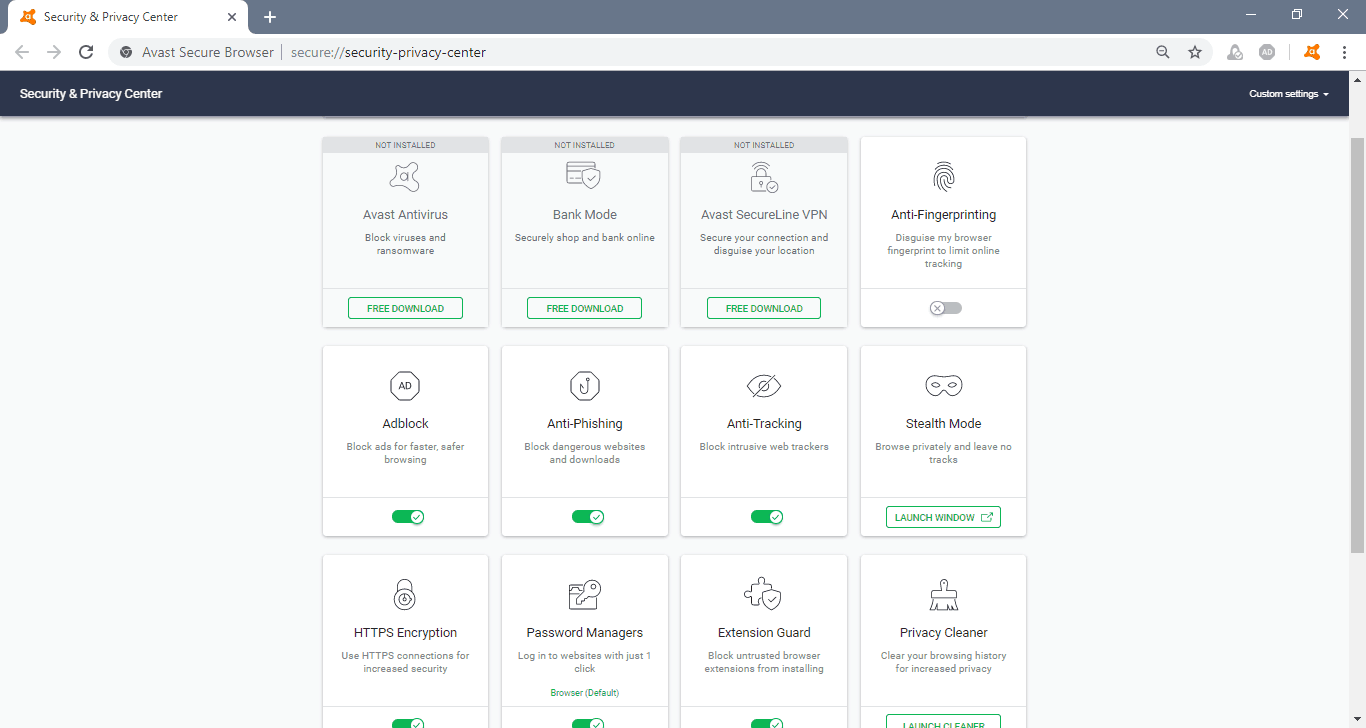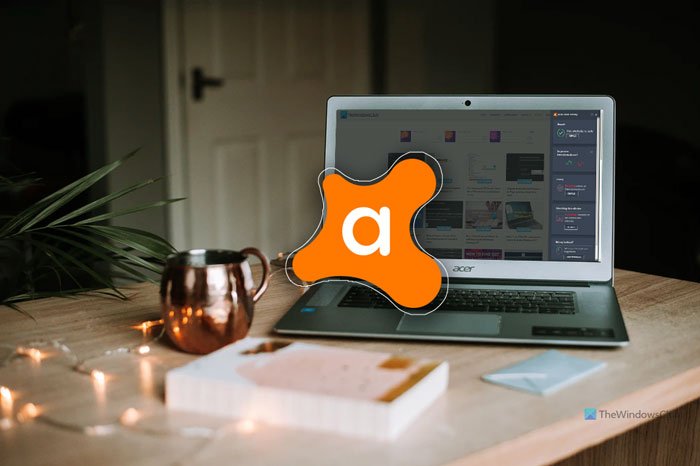

While Google and Mozilla can crack down on what an antivirus company’s browser extensions can do, no one’s stopping a company like Avast from collecting data using its desktop application. They’re now available for download once again. It’s not clear exactly how much the data collection was limited, but Avast is also more “transparent” in its privacy policy. Google and Mozilla cracked down, removing the browser extensions from the Chrome Web Store and Mozilla Addons site until Avast made some changes. An AVG browser extension was doing the same thing, too-that’s not surprising, as Avast bought AVG a few years ago. In October 2019, Adblock Plus creator Wladimir Palant cataloged the way several Avast browser extensions gather and transmit data about people’s browser histories. But, if you want to leave it installed and disable the data collection, this is where you do it.īrowser Extensions Are Only Part of the ProblemĪntivirus software often bundles browser extensions that collect detailed data for marketing purposes. If you have Avast installed, you can open the Avast application and head to menu > Settings > General > Personal Privacy to control what data is collected and shared. Most people who clicked “I agree” probably didn’t realize everything they agreed too. When you install Avast, you’ll see a prompt asking whether you want to share data. Instead, it’s collected through the main desktop Avast antivirus application. This data isn’t collected through Avast’s browser extension.

If you have Avast installed with the default settings, your browsing history is being sold to marketers through Jumpshot. Avast Harvests the Data Through Its Desktop Antivirus For example, if you know which Amazon user bought a specific product at a specific second on a specific date, you can identify the “anonymized” individual and then look back through their browsing history.
And while the collected data is never linked to a person’s name, email or IP address, each user history is nevertheless assigned to an identifier called the device ID, which will persist unless the user uninstalls the Avast antivirus product.Īvast says this data is “anonymized,” but PCMag and Motherboard were able to link it to individuals. The data collected is so granular that clients can view the individual clicks users are making on their browsing sessions, including the time down to the millisecond. Here’s how Michael Kan puts it over at PCMag: Companies who pay Avast can view full “clickstream data” to see what Avast users are doing online. Avast’s Collects and Sells Your Browsing Historyĭo you use Avast’s antivirus? By default, Avast collects your web browsing activity and offers it to marketers through a subsidiary named Jumpshot.


 0 kommentar(er)
0 kommentar(er)
